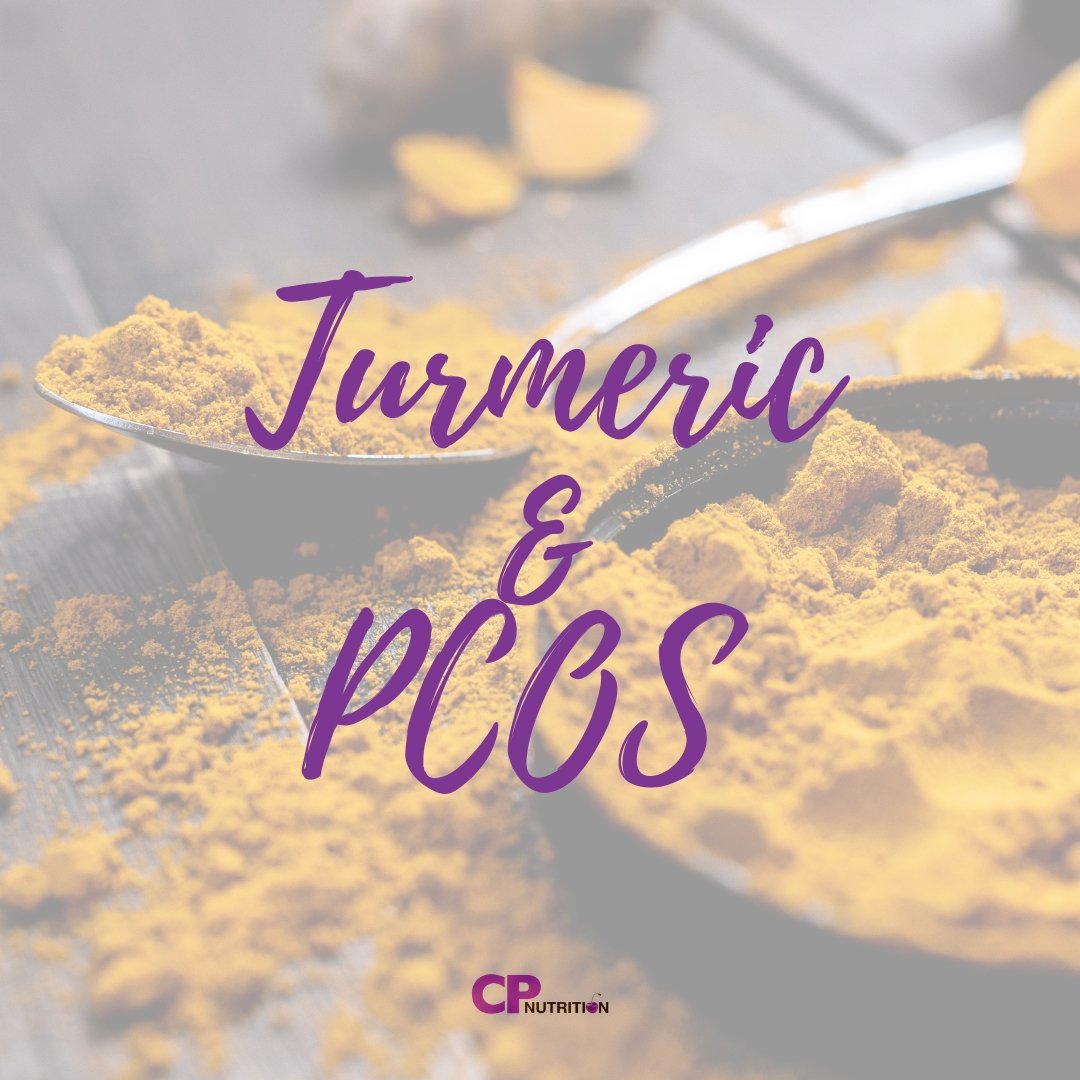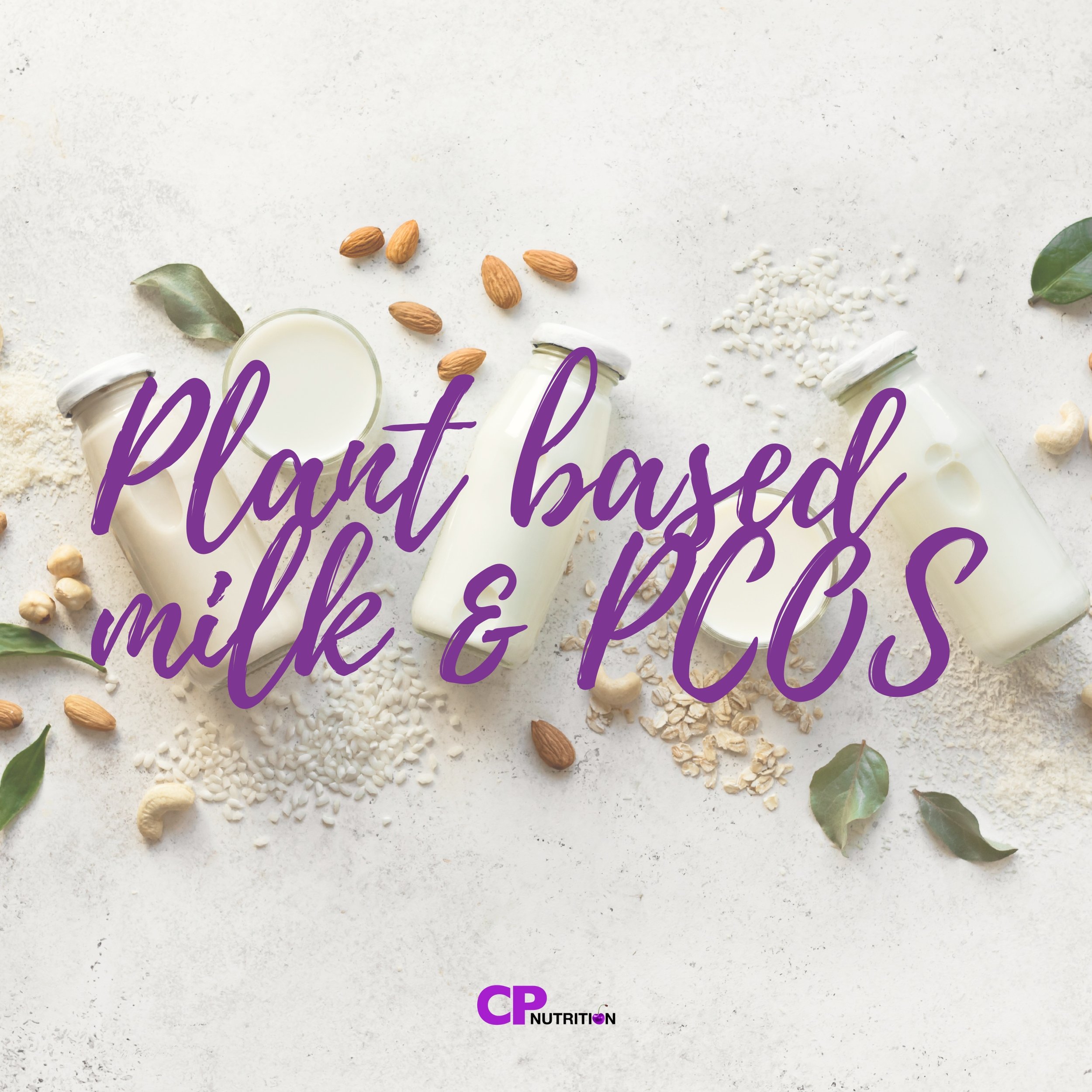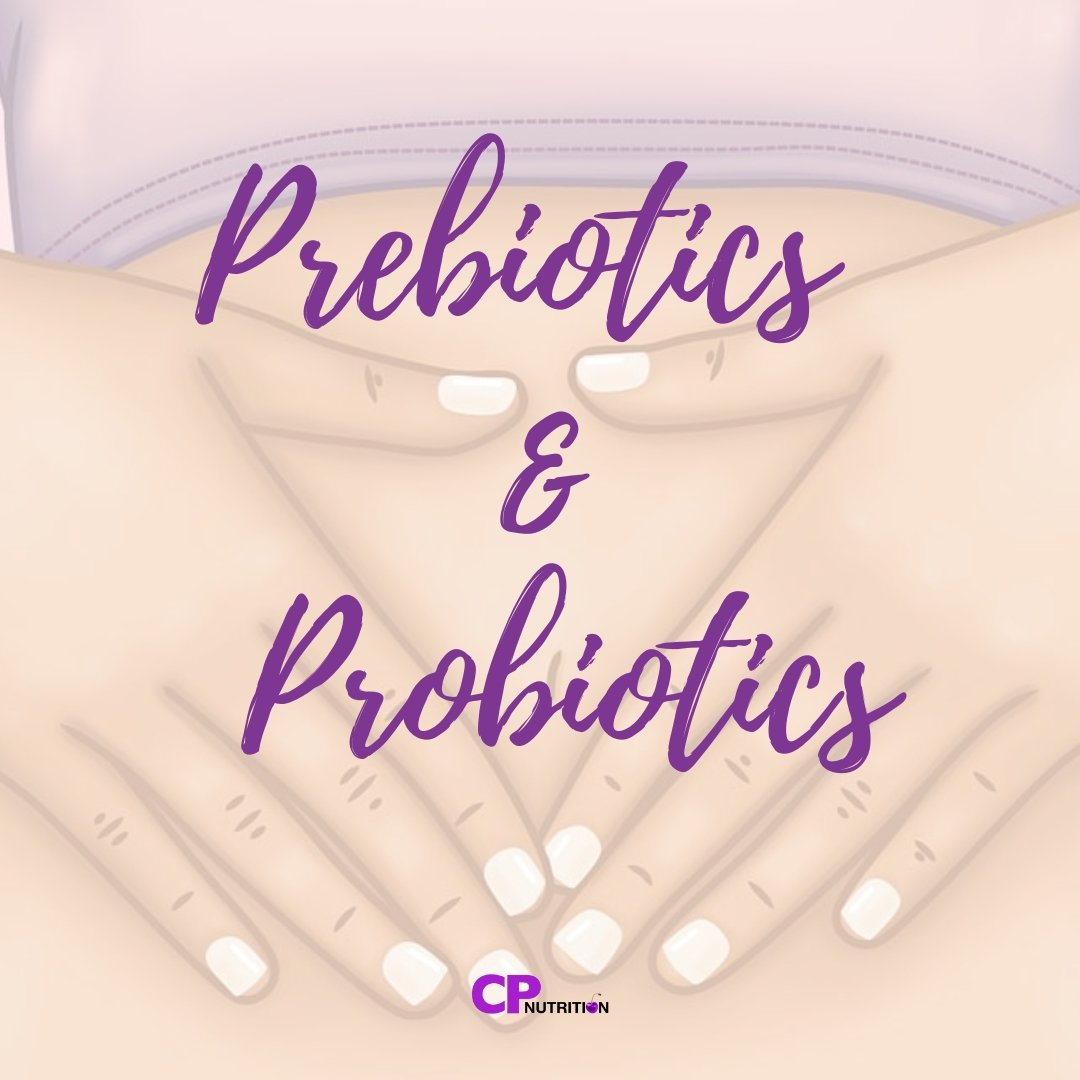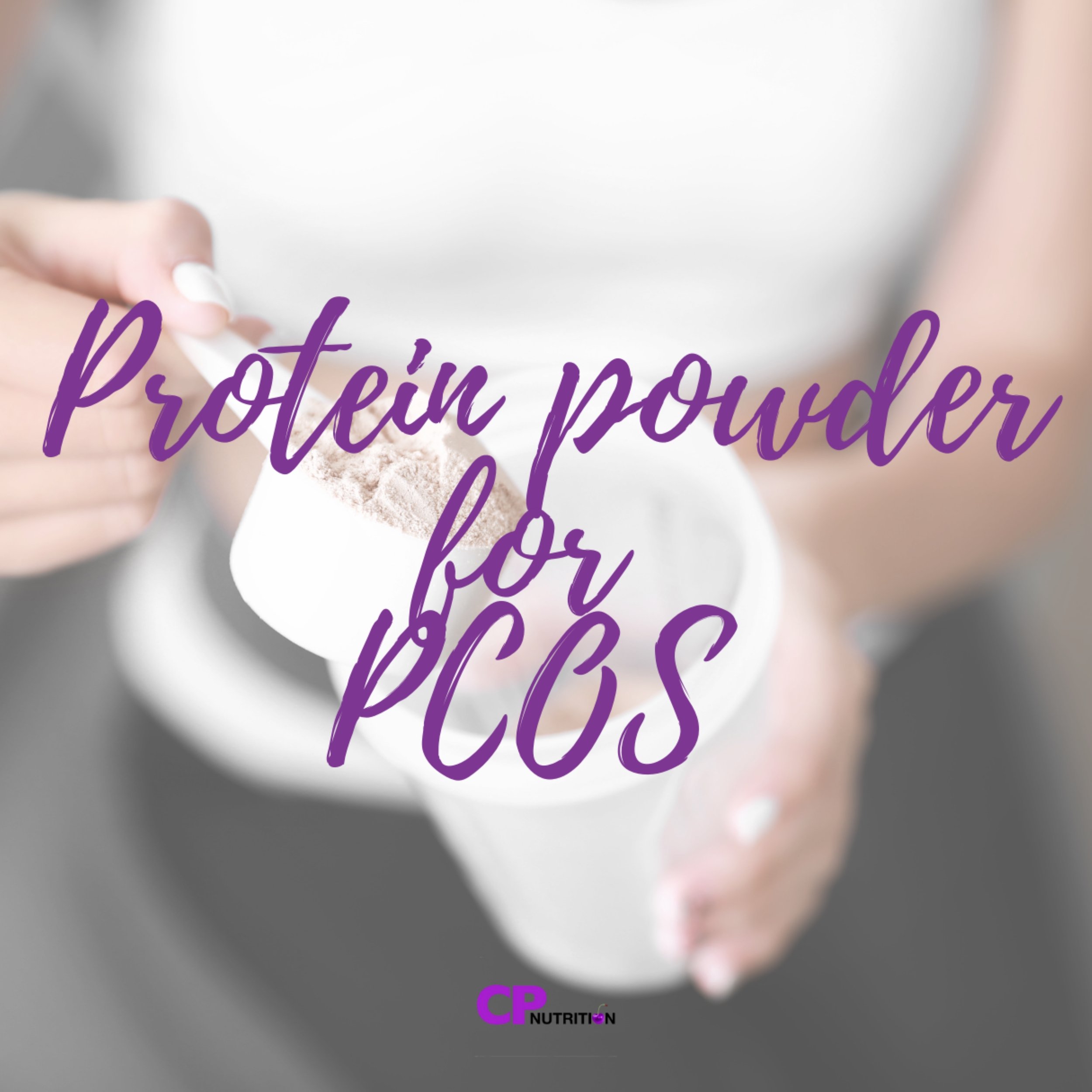
Welcome to the Blog ….

PCOS & Hair Loss: Can it be Reversible?
Polycystic ovary syndrome (PCOS) is a hormonal disorder that significantly affects the lives of many women. One prevalent symptom of PCOS is hair loss, affecting a substantial 20% to 30% of people with PCOS (1). Dealing with PCOS can be challenging because it brings along a range of other symptoms like acne, infertility, weight gain, and hair loss. But don't worry, in this blog, we will help you navigate through the different treatment options available to manage PCOS-related hair loss effectively. We’ll also dive into the symptoms and causes of hair loss associated with PCOS. So, let's get started!

PCOS and Ovulation Tests: Can They Help Track Your Cycle?
Ovulation in people with PCOS is notoriously difficult to track due to them commonly experiencing irregular or no menstrual cycles. In fact, around 80% of those with PCOS suffer from anovulatory infertility; infertility caused by a lack of ovulation. Saying that, even if getting pregnant isn’t your goal at the moment, having a regular menstrual cycle is a sign of a healthy reproductive system and irregular periods may be part of your PCOS symptom profile. So if you are struggling with an irregular menstrual cycle and wondering how you can optimise it then read on, as this blog will look at how ovulation tracking and testing can be useful tools you might want in your tool box.

Turmeric for PCOS: Fact or Fiction?
If you’ve looked into the use of herbal medicine for PCOS, you have probably come across people advocating for the benefits of turmeric for PCOS. You may have even seen recipes for turmeric tea or milk for PCOS and wondered if these drinks really work.
In this post, we are going to unpick the scientific evidence behind these claims and break down the benefits of turmeric for PCOS, how much you should consume and provide some practical advice on how you can include this spice in your diet.

How to lower testosterone for PCOS - a nutritionist’s review
PCOS (Polycystic Ovary Syndrome) is a hormone condition that affects how the ovaries work (1). It can cause symptoms such as acne, oily skin, rapid weight gain, irregular periods, difficulty getting pregnant, excess hair growth and hair loss on the head (2). Some of these symptoms can be caused by high levels of testosterone, which is common in women with PCOS.

Low GI foods for PCOS: Can they really help insulin resistance?
Do you feel you are constantly searching for the best diet for PCOS? Spoiler alert. There isn't a single best way of eating for PCOS. However, one of the most researched diets in managing PCOS is a low glycemic index (GI) diet. That’s because beneficial effects have been observed in managing numerous PCOS symptoms, such as insulin resistance, carbohydrate cravings, and potentially even infertility (1, 2, 3, 4).
In this blog post, we’ll explore the evidence behind these links and highlight some examples of the best low GI foods for PCOS. Let’s dive in.

Is Almond Milk good for PCOS?
Milk is a vital source of nutrients such as protein, calcium and vitamin D, shown to be important for PCOS (1). In the last few years, there has been a shift in the type of milk we are consuming, from dairy milk, to plant based alternatives. In fact around one in three of us now drink plant milks such as almond, soya and oat (2). But with so many different options to choose from, you may be wondering if almond milk is good for PCOS or perhaps another plant based milk? In this post we aim to answer questions on this topic to help you choose which milks are best for you to manage your PCOS symptoms.

Alcohol and PCOS: Can I still drink alcohol with PCOS?
Whilst it is common knowledge that excessive alcohol intake can have lots of negative consequences on overall health, perhaps what is less clear is if alcohol and PCOS can be a safe combination or whether you should cut it out completely. In this post we will answer this question, and explore the possible effects of alcohol on PCOS symptoms, as well as share some tips and tricks on how to reduce your alcohol intake, if that is one of your goals. Let’s dive in.

Spearmint tea and PCOS: Does it actually work?
Herbal medicines have been used for decades in different cultures but have recently become more globally widespread as they are now more accessible and consumers often believe they have fewer side effects than more traditional medication given they are ‘more natural’. Spearmint tea has been placed in the spotlight for its possible anti-androgenic effects. This blog post will explore the relationship between spearmint tea and PCOS and discuss how spearmint can be added to your diet to help manage some of your PCOS symptoms.

Cinnamon and PCOS - a miracle ingredient?
Perhaps you’ve heard cinnamon described as a ‘miracle’ ingredient. People talk about cinnamon supplements, cinnamon powder as well as cinnamon tea for PCOS. But are you unsure which form you should try, or even why cinnamon is good for PCOS?
Well, you’re in the right place. This blog post explains the different types of cinnamon and why you might want to start using cinnamon for PCOS treatment. Let's dive in.

Breakfast Ideas For PCOS: Start Your Day Right
Do you often find yourself pushed for time in the morning, struggling for breakfast ideas? Maybe you’ve heard breakfast is the most important meal of the day but you’re still pondering “What should I eat for breakfast for PCOS”? If so, keep reading. This blog post explores if breakfast really is the most important meal of the day and gives some inspiration for PCOS breakfast ideas.

PCOS and Coffee
If you are anything like me then one of the first things you do in the morning is sip on a freshly brewed coffee. Like me, many of the people of the world enjoy coffee in the morning, but if you have PCOS then you may be wondering is coffee bad for PCOS? Or even is coffee good for PCOS? This blog looks at all things coffee and pcos and explores if coffee has any benefits for PCOS. Read on if you are a coffee lover like me!

PCOS & fatigue: What is the link between PCOS, sleep and fatigue?
Living with PCOS can be challenging and overwhelming. Its diagnosis is complicated and so are the symptoms associated with it. PCOS not only affects women’s health on many fronts, but it can also interfere with one of the most basic human needs: sleep.
If you have PCOS and feel constantly tired, this is the right post for you! Here, we will examine the link between PCOS and fatigue and how this can impact on your sleep, and we will look at possible ways to manage fatigue and the sleep disturbances associated with PCOS.

Navigating Gut Health: What is the Best Probiotic for PCOS?
With such a large amount of information about gut health available, it may feel overwhelming to find out how you can look after your gut health, especially with PCOS. You may have heard of prebiotics and probiotics, which are both commonly brought up in the gut health space.

Protein powder for PCOS: Are some better than others?
Protein is the most filling or satiating macronutrient, and including enough protein in your diet can help to manage PCOS symptoms such as hunger and cravings, as well as help stabilise blood sugars and manage insulin resistance. For some, it is not always easy to get enough protein through food alone, and using protein powders can be an easy way to supplement the amount of protein in your diet.
The protein powder industry has grown massively, and with so many options out there, you may be wondering, what is the best protein powder for PCOS? In this article we will explore some of the most common protein powders and explain some of the benefits and drawbacks of each one. Let’s dive in.

How Fibre Can Help PCOS
Fibre is a type of carbohydrate that can’t be digested by the human small intestine (1). All adults should aim to consume around 30g per day as part of a balanced diet, however recent studies have found that the average adult only consumes around 18g per day (2).
It can be difficult to meet the 30g a day guidelines if you don’t know the fibre content of the foods you typically eat, nor have the time to plan and prepare meals specifically to meet these recommendations. In this post we will discuss practical and easy ways to increase fibre intake and how this could help to ease some of your PCOS symptoms.

What is the Best Exercise for PCOS?
There are so many benefits of regular exercise including lowering the risk of heart disease, type 2 diabetes, stroke and some cancers plus exercise can boost self-esteem, mood, sleep quality and energy.
But when it comes to PCOS, there is a lot of confusion surrounding what exercise people should be doing to help with symptom management.

PCOS & Eating Disorders
People with PCOS are more likely to have an eating disorder; in one study 21% of women with PCOS reported eating disorders compared to 4% of those without PCOS (3).

Why Fad Diets Won’t Help Your PCOS
With 54% of people resolving to eat healthier and 59% vowing to eat healthier in the New Year it isn’t surprising that diet and weight loss companies prey on people at this time of year and promote a variety of quick fixes to weight loss.

Managing Carbohydrate Cravings with PCOS
Carbohydrate cravings are a common feature of PCOS.
Cravings are the desire for a certain food or a certain taste or texture. Cravings are completely normal and it is okay to eat to satisfy your cravings. Up to 95% of people with PCOS have insulin resistance (3), and the development of insulin resistance is often accompanied by intense carbohydrate cravings.

Do I Have to Go Dairy Free for PCOS?
With 17.4% of people with PCOS going dairy-free in an attempt to manage their symptoms (1) it can be tempting to cut out milk, cheese and yogurt and swap to non-dairy options.
Polycystic ovary syndrome (PCOS) is a chronic hormone disorder impacting 1 in 10 women in the UK (2). There are a variety of symptoms associated with PCOS including acne, oily skin, rapid weight gain, irregular periods, difficulty getting pregnant, excess hair growth and hair loss on the head (3).
Follow Claire @CP_NutritionRD





